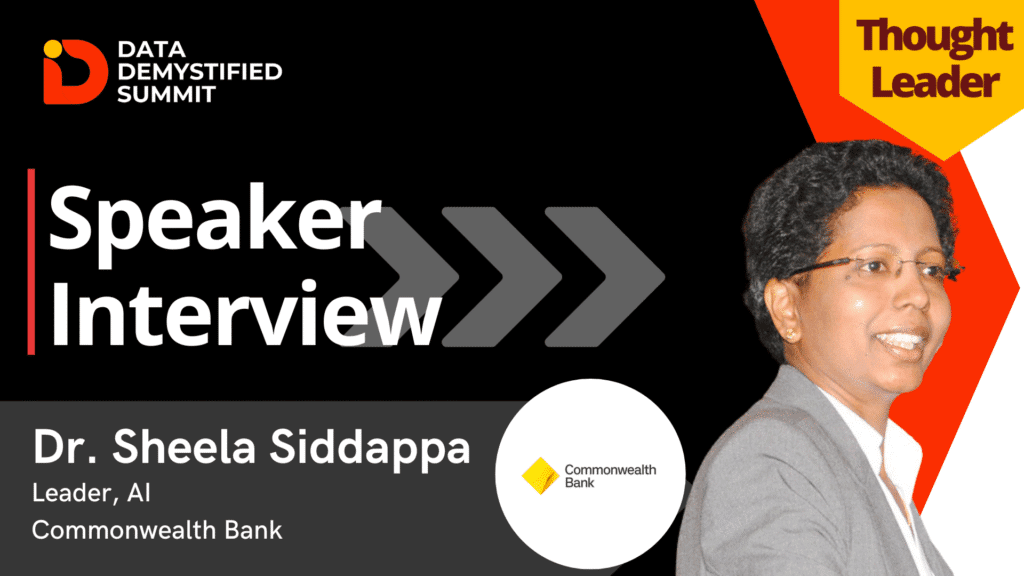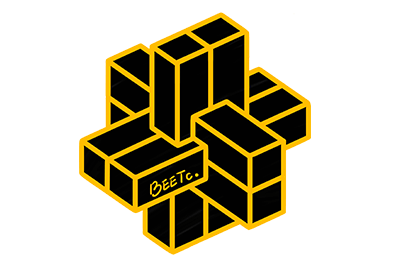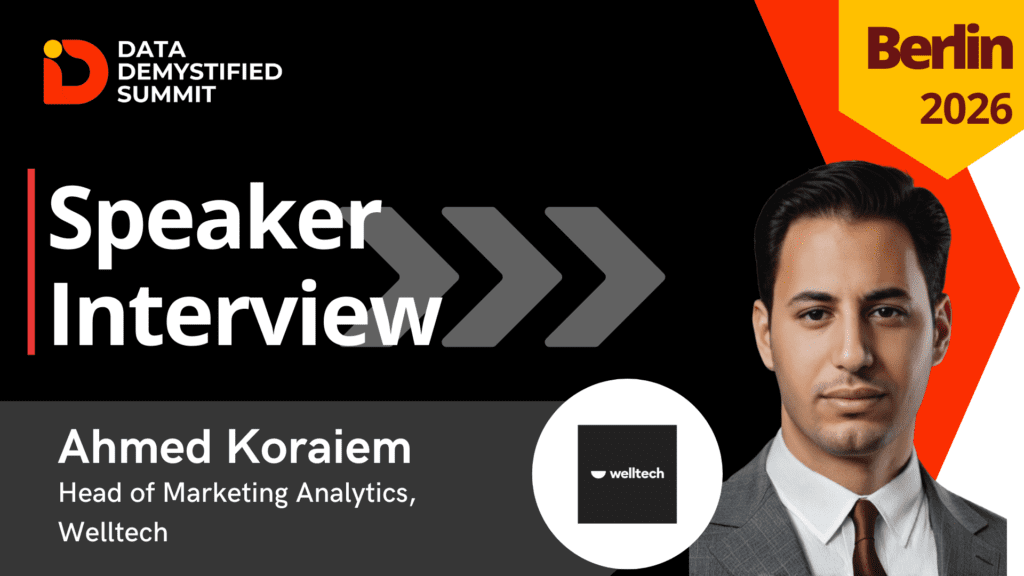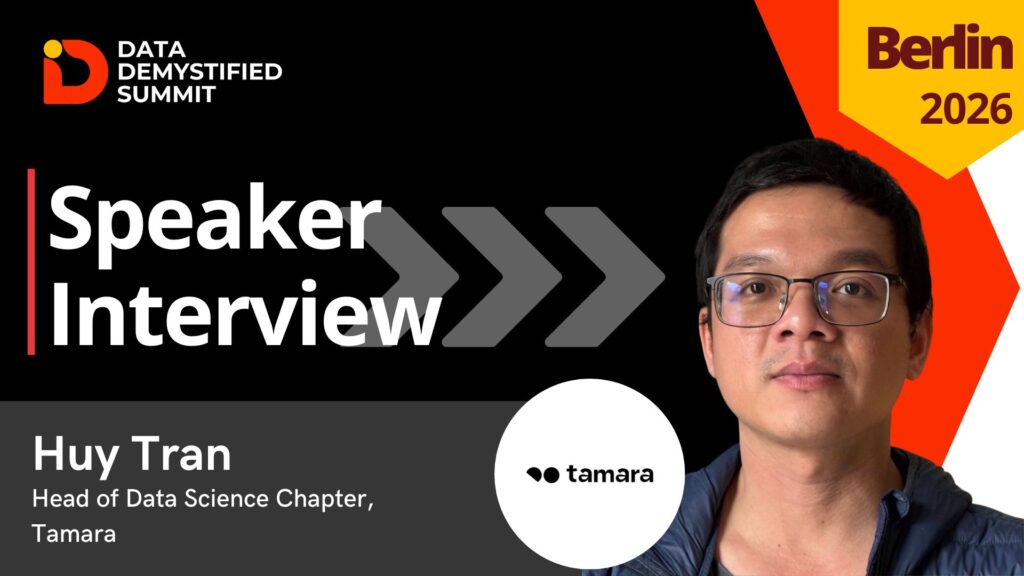
We are thrilled to welcome Dr. Sheela Siddappa, Thought Leader – AI at CBA India, to our Speaker Interview series. With a distinguished background in applied research and a PhD in Data Science and Optimisation, Dr. Sheela has played an influential role in shaping practical AI solutions across leading organisations including GM, Bosch, and CBA. Her insights reflect a rare blend of academic rigour and industry implementation, making her one of India’s most recognised voices in AI. In this conversation, she shares her journey, experiences, and predictions on the transformative potential of data science and Agentic AI.
Quick Q&A with Dr. Sheela Siddappa
Could you please give us a quick introduction of yourself and your journey into the field of data scienceand AI?
I am the Thought Leader – AI at CBA, India. My interest in data science grew during my engineering days, thanks to the amazing Professors. Went on to pursue Masters and PhD in Data Science and Optimisation. Thus, started my journey. I have always been an applied research person. I believe in industry as a place to understand practical constraints and requirements correctly. One of the reasons I have been part of the AI solutions is that they have qualified practical implementation. Having worked at the research centres of GM, Bosch and currently at CBA, it is simply amazing to see the pace at which AI is getting adapted in business and operations.
You’ve received numerous recognitions across AI and data science. Which achievement are you most proud of, and why?
Couple of awards that I feel good about are the Top 10 Data Scientist, India, AIM and Top 10 Women Technical Leader, India, Reva and TerraLogic
The recognition was from one of the Tier 1 – Analytics India Magazine. It does mean a lot to be recognised by them as it is not easy to make it to their list. It clearly proves that one is strong technically and has contributed significantly in this field.
Reva University (one of the premium universities) and Terralogic performed the evaluation for multiple dimensions like the technical knowledge, innovative and breakthrough solutions, contribution to the society like, academic collaboration, advisory board member, papers, reviewer, judge panel, invited talks and visibility across various fields etc., I only learnt later that there were a couple of rounds of jury discussions and I was one of the ten shortlisted. All this came as a surprise. It feels very good to know that I stand out as a complete person in AI at the country level.
Personalisation at scale remains a challenge for many organisations. What are some of the most effective ways machine learning can be used to build truly personalised customer experiences?
These days, we are blessed with more than that, just ML. The advanced technology and systems come with high processing, capacity, etc., So running multiple models is easy, which is one of the requirements for personalisation.
For personalisation, one needs to connect all the touch points of the customer like – personality, fun activities, profession, family, etc.. Thanks to Agentic and Gen AI, which are able to bring all the points together and connect the dots to make a meaningful
understanding of the customer. This enables one to sell the right things at the right time to the right customer.
What strategies or frameworks do you recommend for improving data quality across fragmented or siloed systems?
The quality of data has certainly improved over a period of time. It is not the same as what we noticed in 2005. There is a complete mindset shift in almost all the domains and the need for good and accurate data.
The mindset is also changing from silo to complete as things are interconnected. Said that, silo systems are still part of the complete system, so there need to be some standards defined and followed like the – tools adapted for AI, cloud environment, technology stack, storage type, access etc. When the principles remain the same across the organisation, then working on a silo or bigger area of work becomes comfortable in the long run. There has to be as minimum customisation as possible.
What are the most promising AI and advanced analytics methods for extracting meaningful insights from customer behaviour data?
Understanding the customer is not easy, as one behaves very differently at different times and places. This implies we need to learn the customer “completely”. This means that there are multiple types and forms of data to consider, such as voice pitch and body language, which are beyond the action type of data, such as transaction, travel, or purchase data. Hence, multimodel is the consideration.
Could you share a real-world example where data analytics led to a surprising or transformative business decision?
Oh, there are many. The eye-opener typically starts with analytics, which eventually probes for more analysis and intelligence.
Manufacturing –There was a high percentage of rejections of a part. It was difficult to know what was causing the rejections as the operations were performed by the robotic machine, and the components were small in size. It was a problem unsolved for a good amount of time. It was only through Design of Experiements and analysis that we were able to find that thickness of the component was the issue or root cause. This insight made the company to completely rethink and redesign the part.
Sales- It is known that good offers and discounts help increase product sales, but when there is no seasonality/events/discounts, what drives the sales? Feature importance helps identify the important aspects, but the feature list can also change with time and location. In one such instance, it was observed that if the showroom is located in the downtown area, then the sales were less in contradiction to the expectations of having more sales in the downtown. Thus, the company decided to close the showroom in downtown.
Looking ahead, what emerging trends in AI and data science should organisations and professionals be preparing for?
It is the time of Agentic AI now. We have seen good outcomes on adapting Agentic AI. This not only enables holistic thinking and problem-solving but also provides an easy way to implement multimodel solutions.
What advice would you offer to early-career data scientists hoping to make a tangible impact with their work?
Get more hands-on. Gone are the days when one complained of “No Data”, so consider any domain that interests you and define a problem statement. For, as a student, you might be interested in self-assessing your knowledge on a topic. Thus, problem statement can be (1) to derive questions from a Chapter. You should be able to generate questions using GenAI and (2) to score your answers. In this case you can develop a solutions that is able to evaluate the answers.
The more such usecases you solve the more confident you are in not only defining the correct problem statement (what benefits the customer) but also in adapting AI techniques.
How important is domain knowledge (e.g., retail, agriculture, manufacturing) in developing practically implementable AI solutions, and how can professionals bridge the gap between tech and industry expertise?
Domain knowledge is important. Without this, it is difficult to know if we are solving the correct problem or if it is simply because we know data science we are solving something. Hence, it is important to view the scope of work from a big picture and understand the domain to a decent extent. It does not mean that one has to be an expert in the domain. We should know where to draw the line. The understanding should be such that one is able to define the outcome of the solution first and then the solution. On implementing the AI solution, the outcomes should completely match the needs of the user, and the users should enjoy using the solution.
Dr. Sheela Siddappa’s journey reminds us that impactful AI begins with curiosity, thrives on collaboration, and succeeds through practical relevance. Her emphasis on hands-on experimentation, domain understanding, and cross-functional thinking provides a roadmap for both emerging professionals and seasoned data scientists alike. As AI continues to evolve into multimodal and agentic frameworks, her grounded approach offers clarity and inspiration for navigating this dynamic field.
While Dr. Sheela won’t be joining us in person, the topics she champions—like Agentic AI and next-gen customer understanding—will take centre stage at Data Demystified Summit Bangkok on 7 October 2025. We’re proud to spotlight leaders like Dr. Sheela, who continue to bridge technology and insight to create smarter, more customer-centric outcomes.
Join Us Now!
The Data Demystified Summit is returning to Bangkok on 7 October 2025! Held at the Fuji Grand Ballroom, Hotel Nikko Bangkok, the summit will explore the latest in Customer Data Governance, Data Monetisation, and Customer Data Management. Expect actionable insights, myth-busting discussions, and practical strategies to tackle 2025’s most pressing data challenges. Join us in the heart of Bangkok for a dynamic and forward-thinking event designed for English-speaking data professionals across industries.
We are looking forward to meeting you in Bangkok on 7 October 2025!
➡ Get tickets now! https://datademystifiedsummit.com/bangkok-registration/
➡ Interested in becoming a partner? Don’t hesitate to get in touch with us at Hello@datademystifiedsummit.com .
Stay up to date with our Speaker Line-up, Session Information, and Agenda Updates by following us on:







